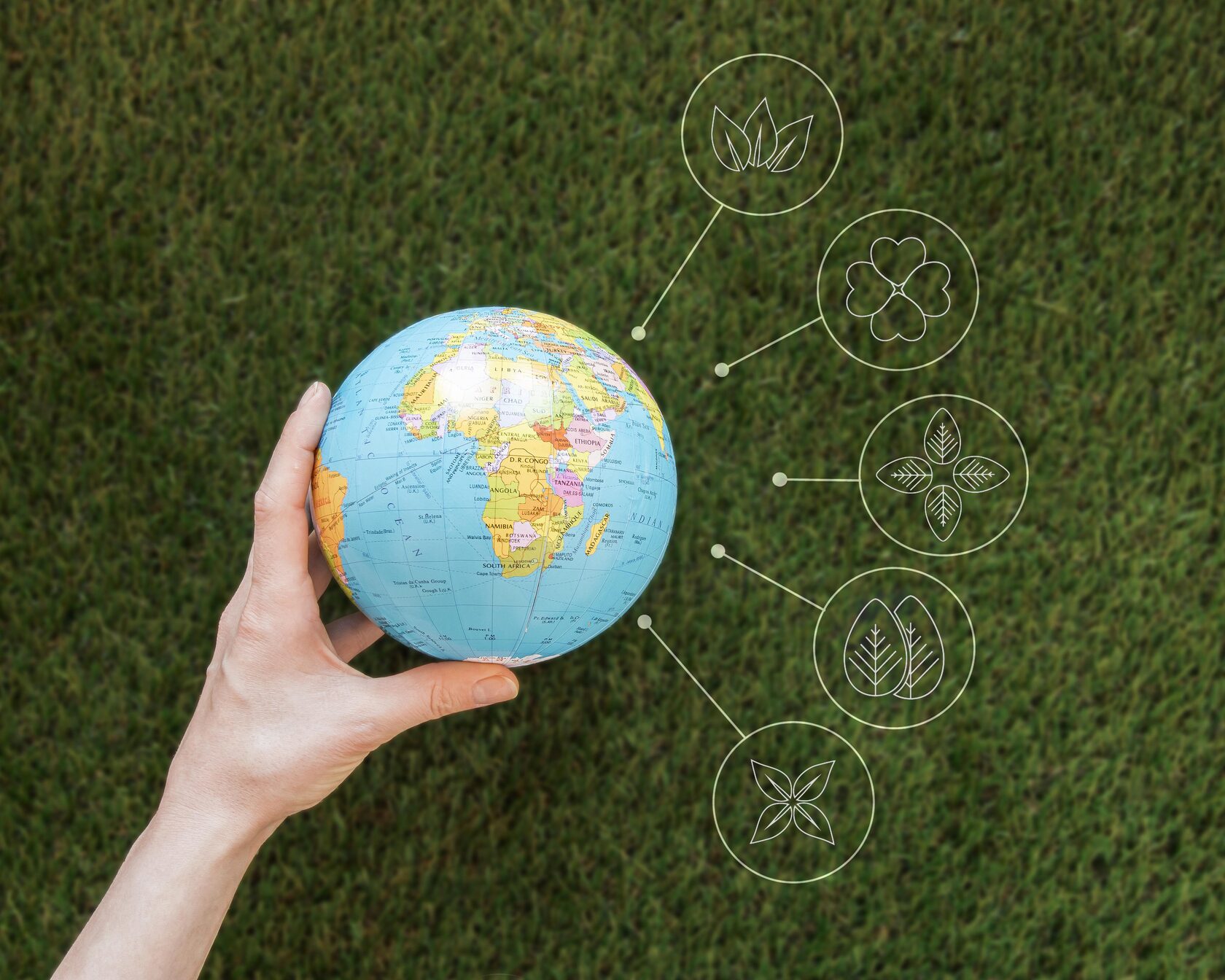Plastic taxation in Europe: in conversation with legal experts
WTS Global, a global tax practice, has published an overview of plastic taxation in Europe.
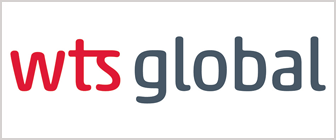
The European Union introduced a plastic levy of €0.80 per kg of non-recycled plastic packaging waste on Jan. 1, 2021. Intended to create an incentive to reduce plastic waste, the legislation obliges all EU member states to pay the levy.
However, member states are free to decide how they finance the levy: with the state budget, or through plastic taxes, extended producer responsibility (EPR) fees, littering levies, or other contributions.
As a result, there is great variability in the legislation adopted in each member state, EEA states, and the United Kingdom.
Amongst the countries that adopted or are in the process of adopting a plastic tax, national rules vary and change rapidly. In the UK, for example, the tax requires producers of plastic packaging manufactured in, or imported into, the UK to pay GBP 200 per tonne of plastic packaging if it contains less than 30% recycled plastic. Spain, on the other hand, imposed a tax on non-reusable plastic products at the rate of €0.45 per kg and an additional tax on waste incineration and disposal in landfills.
Both Germany and Italy have repeatedly delayed the introduction of their plastic taxes, with implementation being plagued by bureaucracy.
WTS Global, a global tax practice, has published a report with an overview of plastic taxation in Europe, including updates between 2023 and 2024.
However, member states are free to decide how they finance the levy: with the state budget, or through plastic taxes, extended producer responsibility (EPR) fees, littering levies, or other contributions.
As a result, there is great variability in the legislation adopted in each member state, EEA states, and the United Kingdom.
Amongst the countries that adopted or are in the process of adopting a plastic tax, national rules vary and change rapidly. In the UK, for example, the tax requires producers of plastic packaging manufactured in, or imported into, the UK to pay GBP 200 per tonne of plastic packaging if it contains less than 30% recycled plastic. Spain, on the other hand, imposed a tax on non-reusable plastic products at the rate of €0.45 per kg and an additional tax on waste incineration and disposal in landfills.
Both Germany and Italy have repeatedly delayed the introduction of their plastic taxes, with implementation being plagued by bureaucracy.
WTS Global, a global tax practice, has published a report with an overview of plastic taxation in Europe, including updates between 2023 and 2024.
New study links microplastics to cardiovascular disease
The study found that people who had microplastics lodged in their carotid artery were more likely to experience heart attack, stroke, or even death

Scientists have recently found that microplastics bioaccumulate in every organ, including the brain. Microplastics are amongst the most pervasive pollutants on the planet. They have been discovered in the air, in water systems and food chains around the world. While their negative impacts on marine organisms have been established, few studies have examined the potential health impacts on mammals.
Now, a study has linked microplastics to cardiovascular disease in humans for the first time.
Published in The New England Journal of Medicine, the observational study involved a total of 304 patients who were undergoing a surgery for asymptomatic carotid artery disease. The carotid arteries are the main blood vessels that carry oxygen and blood to the brain. In carotid artery disease, these arteries become narrowed, which reduces blood flow to the brain and can cause a stroke.
Results show that polyethylene was detected in carotid artery plaque of 150 patients (58.4%), and 31 patients (12.1%) also had measurable amounts of polyvinyl chloride (PVC).
Those with plastic particles in their carotid artery plaque had a 4.5 times higher risk of experiencing a heart attack, stroke, or even dying during the next three years, the researchers found after taking individuals’ other risk factors into account.
Linking microplastics to these diseases adds to calls to limit human exposure to these particles.
Now, a study has linked microplastics to cardiovascular disease in humans for the first time.
Published in The New England Journal of Medicine, the observational study involved a total of 304 patients who were undergoing a surgery for asymptomatic carotid artery disease. The carotid arteries are the main blood vessels that carry oxygen and blood to the brain. In carotid artery disease, these arteries become narrowed, which reduces blood flow to the brain and can cause a stroke.
Results show that polyethylene was detected in carotid artery plaque of 150 patients (58.4%), and 31 patients (12.1%) also had measurable amounts of polyvinyl chloride (PVC).
Those with plastic particles in their carotid artery plaque had a 4.5 times higher risk of experiencing a heart attack, stroke, or even dying during the next three years, the researchers found after taking individuals’ other risk factors into account.
Linking microplastics to these diseases adds to calls to limit human exposure to these particles.
Austria named best country for recycling
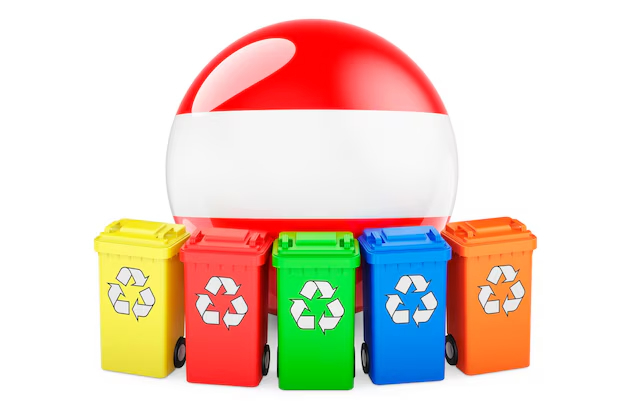
In a new study by Reloop and Eunomia Research, Austria has been named the world’s best country for recycling.
Wales was second on the list with both countries achieving a recycling rate of 59%, ahead of Taiwan, Germany, and Belgium.
The Global Recycling League - Phase One Report examined the recycling performance of 48 countries in total, including those that report the highest recycling rates and many of the world’s largest economies, as well as lower income countries, to highlight global disparities.
Wales was second on the list with both countries achieving a recycling rate of 59%, ahead of Taiwan, Germany, and Belgium.
The Global Recycling League - Phase One Report examined the recycling performance of 48 countries in total, including those that report the highest recycling rates and many of the world’s largest economies, as well as lower income countries, to highlight global disparities.
Value4Pack!
Value4Pack is an EU project with 13 packaging & food clusters from 13 EU countries with the aim of developing a sustainable and circular value chain for food.
The project focuses on developing innovations that reduce the amount and increase the reuse and recycling of food packaging (refuse, reduce, reuse, recycle) in order to make it easier for us to reach the goals in the "EU Green Deal": That all packaging in the EU must be reusable or recyclable by 2030 , define measures to reduce packaging waste and increase the use of recycled material in packaging.
The project focuses on developing innovations that reduce the amount and increase the reuse and recycling of food packaging (refuse, reduce, reuse, recycle) in order to make it easier for us to reach the goals in the "EU Green Deal": That all packaging in the EU must be reusable or recyclable by 2030 , define measures to reduce packaging waste and increase the use of recycled material in packaging.
The project seeks ideas that can be developed into innovations, through collaboration, to solve the challenges of reaching above mentioned goals.
Everyone can participate! Small, medium or large sized companies, universities, non-profit organisations, etc.
Everyone can participate! Small, medium or large sized companies, universities, non-profit organisations, etc.
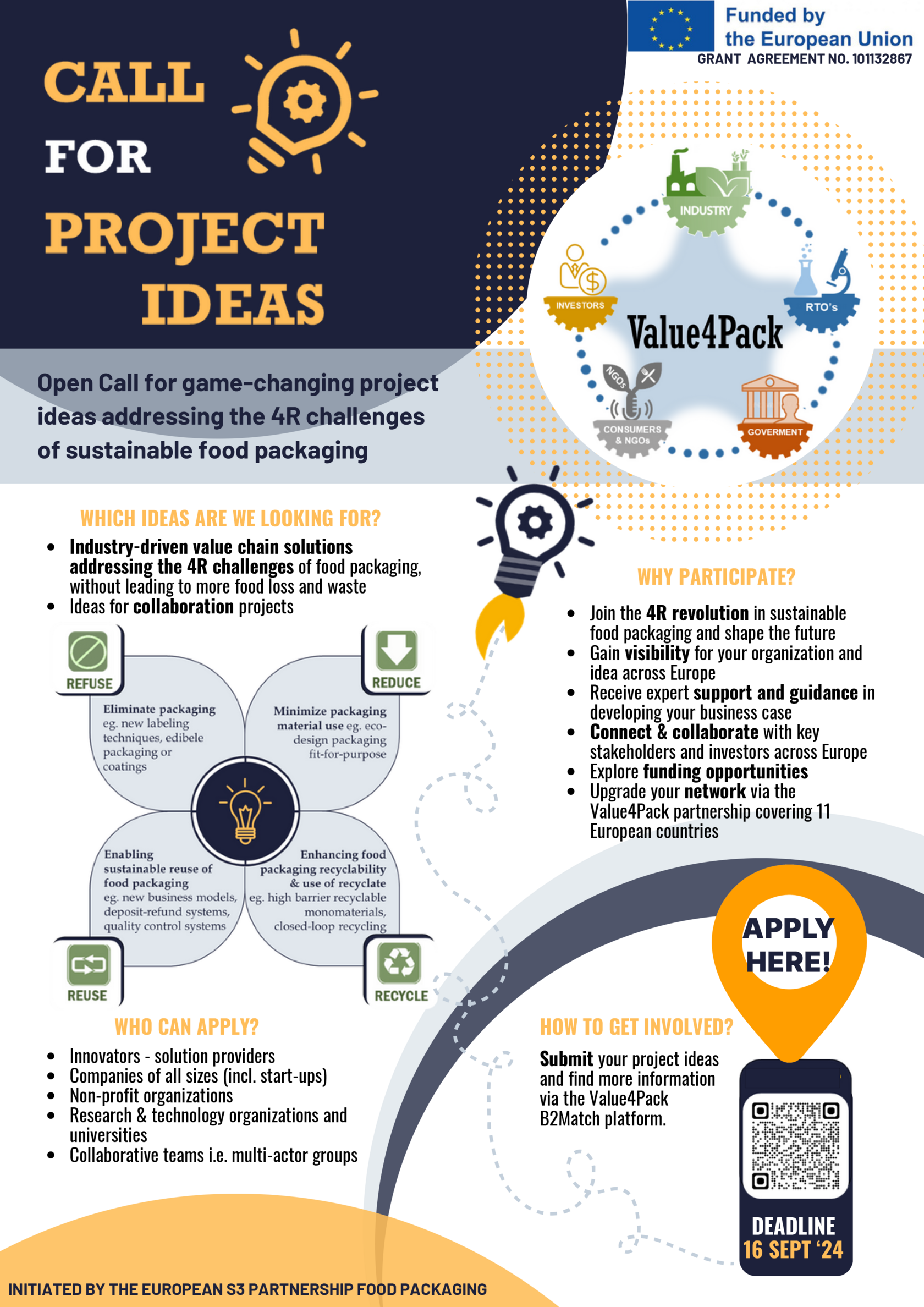
Plastics Recycling Europe Expo
11 - 12 September 2024
BRUSSELS, BELGIUM

Bringing the plastics compounding, extrusion and recycling industries together!
Source new technologies, materials and services to increase process efficiency, reduce costs and improve product quality.
The exhibitions and conferences provide a one-stop shop to source new suppliers, discover innovative technologies and grow your network of contacts.
Book a stand or register for a free ticket here.
Source new technologies, materials and services to increase process efficiency, reduce costs and improve product quality.
The exhibitions and conferences provide a one-stop shop to source new suppliers, discover innovative technologies and grow your network of contacts.
Book a stand or register for a free ticket here.
3-4 October – BOLOGNA (ITALY)
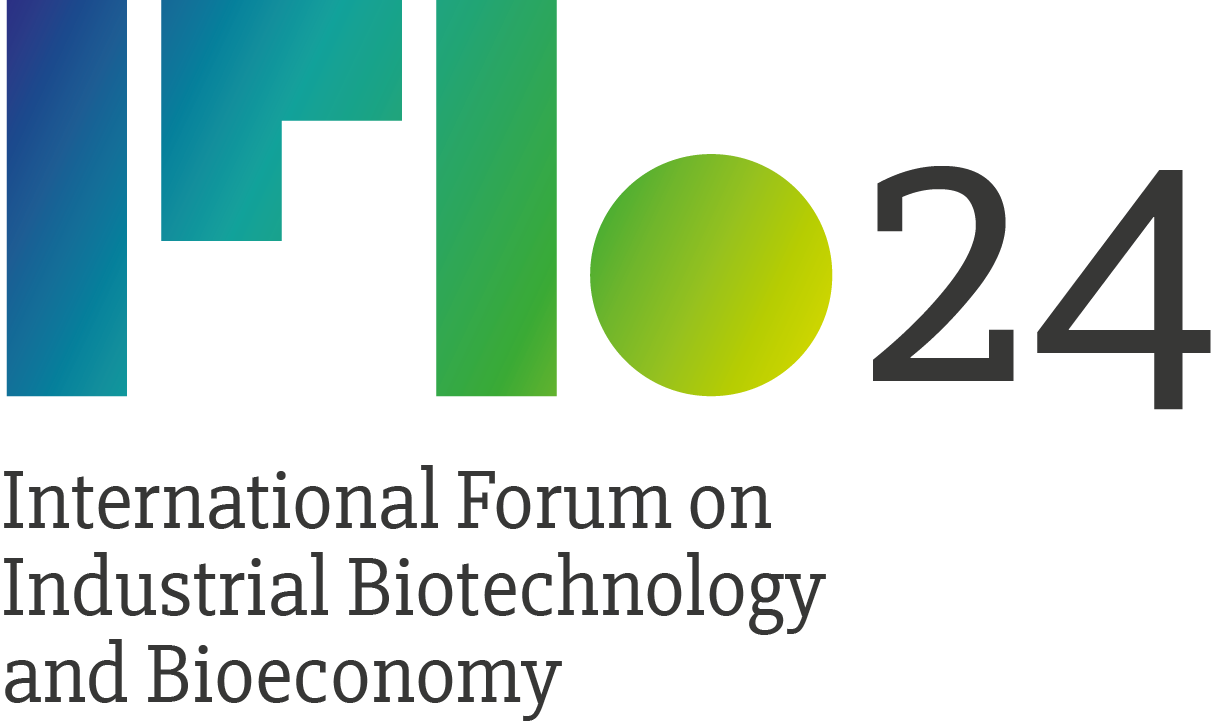
Bologna will be the world capital of bioeconomy on October 3-4!
An some very high level speakers have already confirmed their presence, such as Jens Nielsen (BioInnovation Institute Denmark), Christian Hübsch (UPM Biochemicals) and Josko Bobanovic (Sofinnova Partners).
IFIB 2024
An some very high level speakers have already confirmed their presence, such as Jens Nielsen (BioInnovation Institute Denmark), Christian Hübsch (UPM Biochemicals) and Josko Bobanovic (Sofinnova Partners).
IFIB 2024
